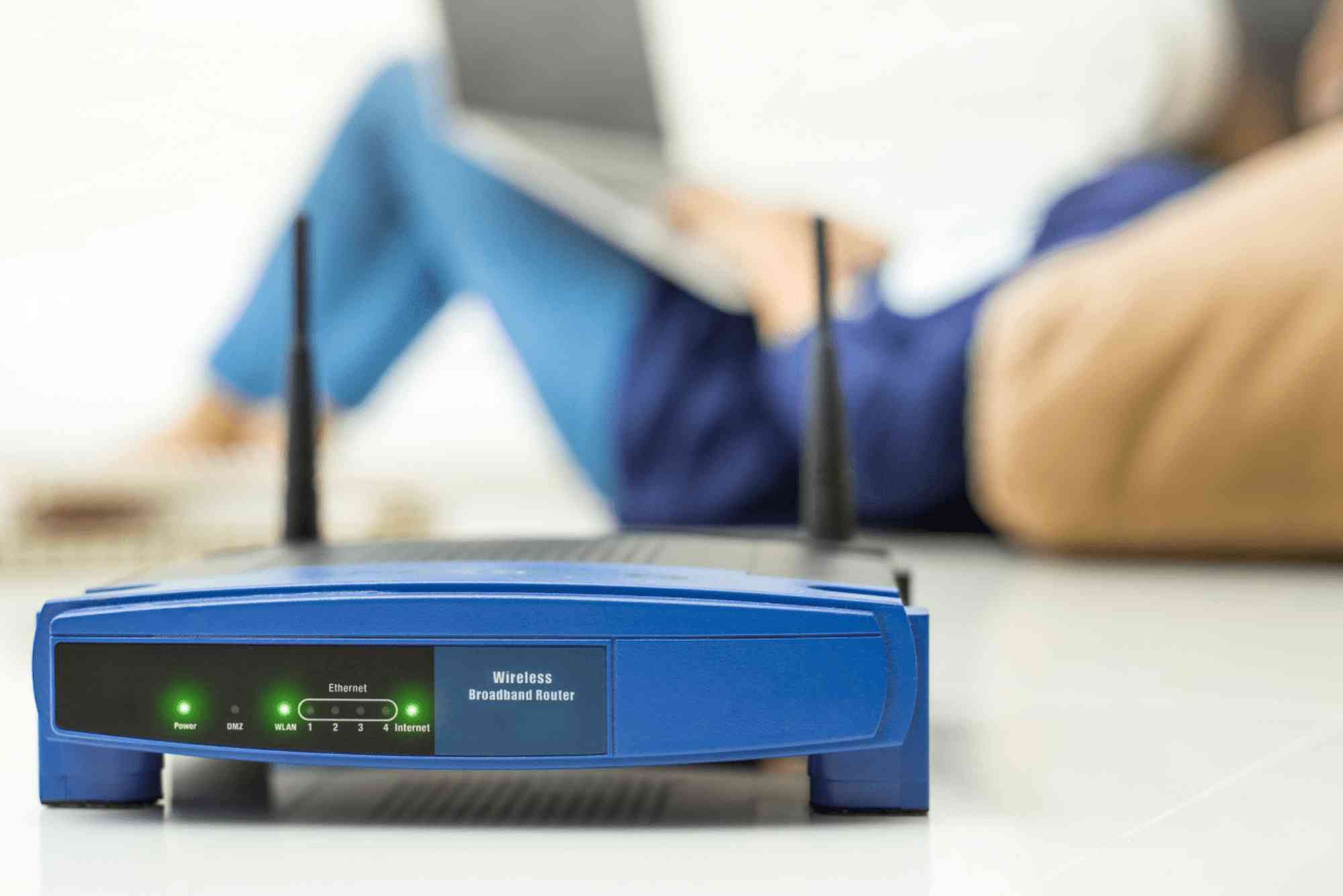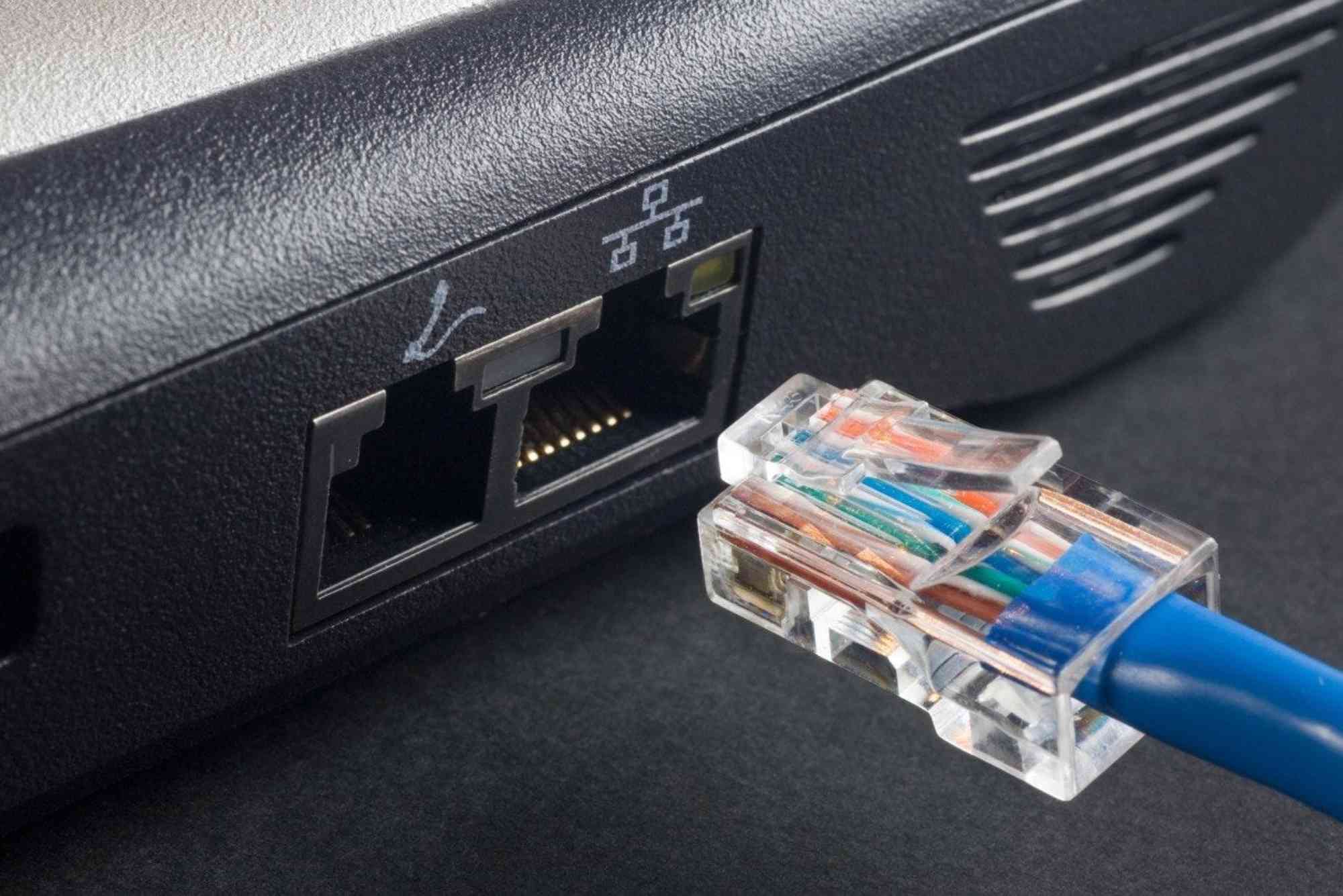Introduction
In today’s fast-changing digital landscape, finding the best VPN for ISP users is more important than ever. Internet service providers play a huge role in how users experience the web, but not all ISP practices favor consumers. Many ISPs impose bandwidth throttling, monitor browsing habits, and restrict access to certain websites. A reliable VPN solves these issues, ensuring privacy, speed, and unrestricted access to online content. As 2025 ushers in new challenges and opportunities for internet users, selecting the right VPN has become a critical decision for both casual users and professionals.
Why ISP Users Need a VPN in 2025
The internet has evolved dramatically, and so have the strategies used by ISPs. Many providers use traffic shaping to control bandwidth distribution, often slowing down streaming, gaming, or file downloads during peak hours. This practice can be frustrating for users who rely on consistent connectivity. Using the best VPN for ISP users prevents such throttling by encrypting traffic, making it invisible to ISPs. In turn, the provider cannot detect whether you are streaming, torrenting, or gaming, which means you enjoy smooth, uninterrupted browsing.
Beyond performance, privacy is another pressing concern. ISPs are often required to log user data for compliance purposes, and in some regions, they may even sell anonymized data to advertisers. VPNs protect against such practices by masking your IP address and creating a secure tunnel between your device and the internet. This ensures that your browsing history remains private, even from your ISP.
Key Features to Look for in the Best VPN for ISP Users
When selecting a VPN, several features make a huge difference for ISP users. Speed is the most important, as a slow VPN defeats the purpose of bypassing throttling. In 2025, premium VPNs are optimized with high-bandwidth servers across the globe to ensure minimal latency. Strong encryption standards, such as AES-256, are essential to keep traffic secure. Compatibility across devices, from smartphones to smart TVs, adds extra convenience for households. Another critical factor is a no-logs policy, which ensures the VPN itself does not store or sell your activity data.
Streaming support is a big consideration for many ISP users. The best VPN for ISP users should unlock platforms like Netflix, Hulu, and BBC iPlayer without triggering proxy errors. For those concerned with security, features like a kill switch, DNS leak protection, and multi-hop routing add further protection. In 2025, some VPNs are even integrating quantum-resistant encryption protocols, preparing for the future of cybersecurity.
How VPNs Improve ISP User Experience
A good VPN enhances internet use in several ways. First, it hides browsing activities from ISPs, ensuring complete privacy. Second, it bypasses restrictions on websites or services that may be blocked by the provider. For example, some ISPs block VoIP services or torrent platforms. A VPN ensures unrestricted access without detection. Third, it ensures stable connectivity for remote workers who need secure access to company networks.
VPNs are also invaluable for users living in regions with strict internet censorship. By connecting to servers in different countries, users can access information and services otherwise unavailable in their area. This freedom aligns with the principle of net neutrality, giving users control over their online experience instead of leaving it in the hands of providers.
Best VPN Options for ISP Users in 2025
The VPN market in 2025 offers many excellent choices. Established names continue to dominate, offering robust features and global infrastructure. New players are also emerging, bringing innovative approaches to speed and privacy. Some VPNs focus heavily on streaming access, while others prioritize corporate security. The right choice depends on your needs, but the consistent theme is that VPNs empower ISP users with freedom and control.
Services with thousands of servers worldwide are best suited for bypassing ISP restrictions. Having multiple locations ensures faster speeds, especially during peak hours. VPNs offering unlimited bandwidth ensure you never face artificial restrictions from either your ISP or the VPN itself. Pricing has also become more competitive, with many providers offering flexible monthly and annual plans. Free VPNs exist but often come with speed limits, weak security, or data logging. For serious users, investing in a premium VPN is the smartest option.
Practical Scenarios Where ISP Users Benefit from VPNs
Consider a family streaming movies every evening. Without a VPN, the ISP may slow connections to balance network load, leading to buffering. With the best VPN for ISP users, the family streams smoothly without interference. Similarly, gamers often face high latency because ISPs prioritize other traffic. A VPN creates direct routes to gaming servers, reducing lag.
Remote professionals also benefit significantly. Many ISPs impose restrictions on video conferencing platforms. A VPN ensures consistent, reliable performance for meetings. Freelancers working with international clients can access global services like payment platforms without geographical barriers. Even travelers find VPNs essential to avoid region-specific ISP restrictions when connecting abroad.
VPNs and ISP Data Privacy in 2025
Data privacy laws vary worldwide, but ISPs are often at the center of these regulations. Some governments require providers to retain user data for months or years. This creates risks if data is ever compromised. VPNs remove this risk by making it impossible for ISPs to log your activity. With encryption, the only information an ISP can see is that you are connected to a VPN server, not what you are doing online.
In 2025, with digital surveillance becoming more sophisticated, VPNs are increasingly seen as a standard tool for privacy. Businesses now encourage employees to use VPNs, not only on work devices but also on personal gadgets connected to home ISPs. This shift shows how critical VPNs have become for protecting personal and professional data alike.
Choosing Between Free and Paid VPNs
One common question is whether a free VPN can provide the same benefits as a paid one. The answer depends on expectations. Free VPNs may suffice for occasional browsing, but they usually lack the speed, reliability, and strong privacy measures that ISP users require. Paid VPNs invest in server infrastructure and offer premium features like high-speed streaming, advanced encryption, and responsive customer support. When considering the risks of poor privacy or compromised performance, investing in a reliable VPN is the better choice.
The Role of ISPs and VPN Partnerships
Interestingly, some ISPs are beginning to recognize the importance of VPNs. Forward-thinking providers, such as Dhanote Internet Services, emphasize user privacy and performance by supporting VPN-friendly infrastructure. This trend may become more common in the future as customers demand secure and unrestricted browsing experiences. By choosing ISPs that value openness and privacy, users can combine strong network services with the additional protection of VPNs.
FAQs
Why do ISPs throttle internet speeds?
ISPs throttle speeds to manage network traffic, often during peak hours or when detecting streaming or torrenting. VPNs hide traffic, preventing throttling.
Can a VPN improve my internet speed?
While VPNs do not increase base speed, they often bypass throttling. This results in faster, more consistent performance for ISP users.
Is it legal to use a VPN with my ISP?
In most countries, VPN use is legal. However, users must follow local regulations and avoid illegal online activities.
Do VPNs protect me from my ISP’s data logging?
Yes, a VPN encrypts data, preventing ISPs from seeing or storing browsing history, online activities, or visited websites.
Which VPN works best for streaming with an ISP?
Top VPNs with optimized servers for Netflix, Hulu, and other platforms provide smooth, buffer-free streaming experiences.
The internet should be free, fast, and secure, but ISPs do not always make that possible. Using the best VPN for ISP users in 2025 empowers individuals to bypass restrictions, protect privacy, and enjoy unrestricted access to online services. Whether for streaming, gaming, working remotely, or protecting data, a VPN has become an essential digital tool. As ISPs continue to shape internet experiences, VPNs ensure users retain control over how they connect. If you are ready to secure your privacy and unlock the full potential of your internet connection, now is the time to choose the right VPN. Protect your browsing today and enjoy the freedom you deserve.







